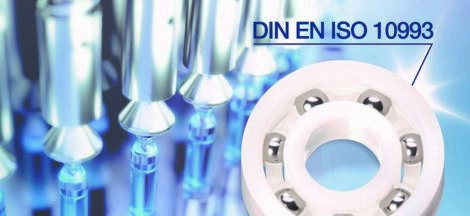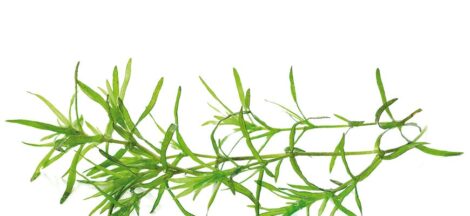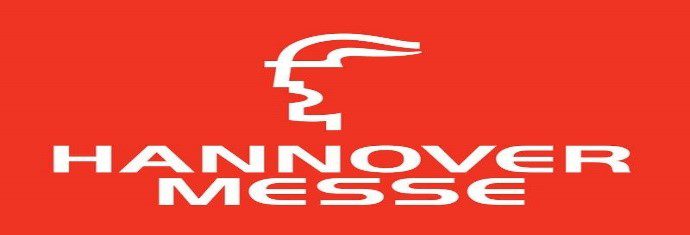Corn miller Tereos FKS breaks through import-dominated industry. Wet corn miller PT Tereos FKS Indonesia is boosting its production capacity thanks to soaring domestic demand for corn starch and other corn byproducts, which are used in baking, for paper and as sweetener, amid an influx of imports.

Tereos FKS, a joint venture between France’s Tereos and local diversified holding company FKS Group, increased the corn starch milling capacity at its Cilegon factory to 1,300 tons per day, up from 1,000 tons previously, said president director Laurent Lambert.
Domestic demand for corn starch more than doubled within two years to 600,000 tons last year from 270,000 tons in 2016. Tereos FKS contributed 20 percent to domestic demand last year and exported 35,000 tons to the Philippines and other Southeast Asian countries, Taiwan, South Korea, Turkey and Senegal.
In Indonesia, corn starch supply was still dominated by some 400,000 tons of imports last year, which accounted for more than 65 percent of the domestic market, according to Tereos FKS data.
“Our competitors are not domestic players but foreign producers [exporting] their products to Indonesia,” Lambert said during a recent visit to The Jakarta Post offices. The corn starch industry was long dominated by imports, but local players are increasingly pushing up their share to meet rising domestic demand.
Corn starch is commonly used in the food and beverage (F&B) industry, especially in bakery, meat processing, confectionery, seasoning and vermicelli, to name a few. It can also produce high-fructose corn syrup (HFCS), a replacement for sugar used in F&B manufacturing. Corn starch is also common for industrial use, especially as a binding agent in paper production.
“Our biggest buyers in Indonesia are the food and beverage industry, and also the paper industry. Indonesia is a huge market for corn starch [for industrial use] considering it is the sixth-largest [pulp and paper] producer in the world,” said Lambert.
To feed its milling facilities, Tereos FKS still imports its raw materials or the corn kernels, mainly from the United States and South America. “From quality and quantity aspects, domestically produced corn has yet to meet the requirements [of our buyers],” Lambert explained.
Indonesia produced a surplus of corn in 2018 at some 30 million tons, twice the national demand of around 15 million tons, according to the Agriculture Ministry.
Tereos FKS sales and marketing director Maya Devi explained that with most of corn starch products being used in the F&B industry, they had to meet certain requirements, such as a low level of aflatoxin, a natural toxin from fungi that is usually present during post-harvest processing and can grow easily in high humidity.
“Post-harvest treatment [especially the drying process] is very important to produce quality raw materials needed by our business,” Maya said. As the aflatoxin could not dissolve during corn starch processing, providing good quality with low level of toxicity corn kernels is a must for Tereos FKS.
As such, Maya said that the company was working with a local university to assess options of using different types of local corn.
Even though its factory has significantly increased production to boost its revenue by 20 percent per year over the past few years, Tereos FKS is open to the possibility of building more milling facilities, Lambert said.
That way, the company wants to compete in the flourishing domestic market and increase its exports, which already go to Asia and Africa.
Tereos FKS also plans to diversify its products by launching an HFCS product this year, taking advantage of the relatively small number of HFCS producers in Indonesia.
Lambert said the company would continue to improve its business operations amid competition from imported products. “The factory’s capacity, for instance, has [tripled] since [the company started its corn processing business],” he added. Corn miller Tereos FKS breaks through import-dominated industry (asp, The Jakarta Post)






 Government Wants to Revive Manufacturing to Spur GDP Growth
Government Wants to Revive Manufacturing to Spur GDP Growth 